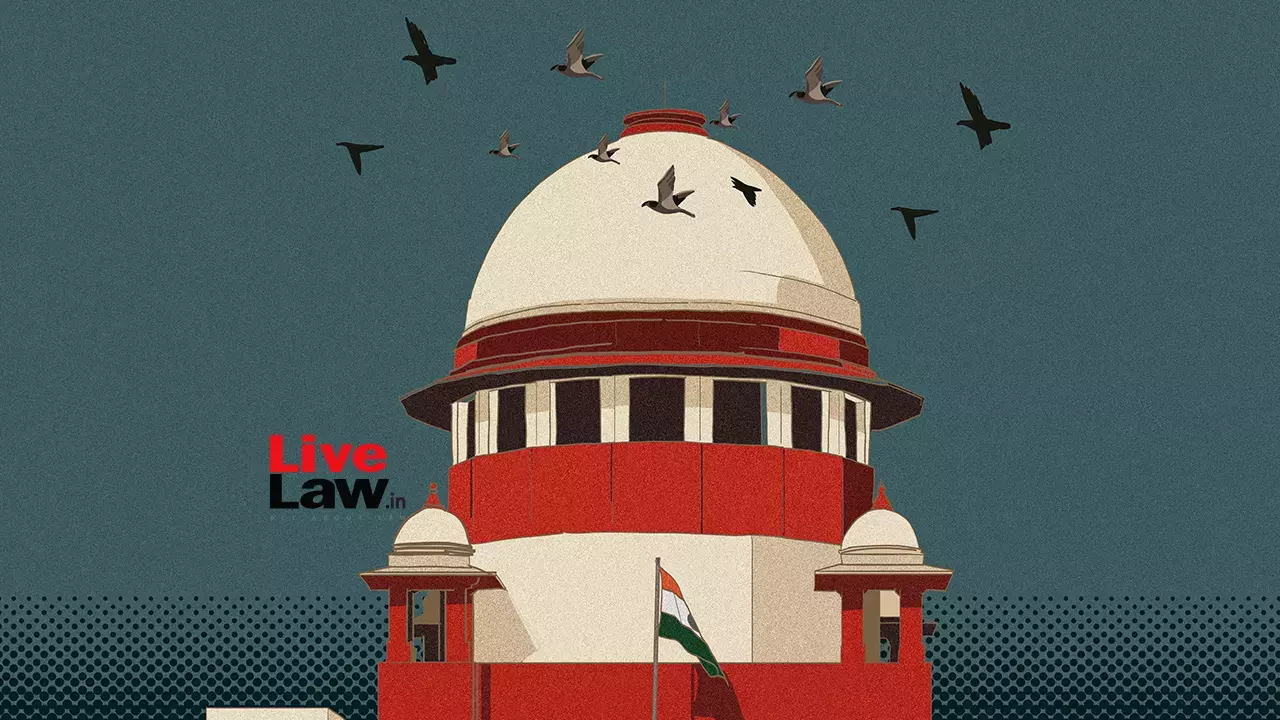- Home
- /
- Supreme court
- /
- 'Marriage Was With Approval Of...
'Marriage Was With Approval Of Families, State Can't Object' : Supreme Court Grants Bail To Man Jailed Over Inter-Faith Marriage
Yash Mittal
11 Jun 2025 11:57 AM IST
The man was under custody for over six months for the offence registered under anti-conversion law.
The Supreme Court recently granted bail to the man who was arrested by the Uttarakhand police under the anti-conversion law following his marriage to a woman belonging to another religion.The Court observed that, given the marriage was consensual with the approval of their respective families, the State's objection to granting bail to the appellant was untenable.The bench comprising Justices...
The Supreme Court recently granted bail to the man who was arrested by the Uttarakhand police under the anti-conversion law following his marriage to a woman belonging to another religion.
The Court observed that, given the marriage was consensual with the approval of their respective families, the State's objection to granting bail to the appellant was untenable.
The bench comprising Justices BV Nagarathna and SC Sharma was hearing a petition filed by a man named Aman Siddiqui. Soon after the appellant's interfaith marriage, an allegation under the Uttarakhand Freedom of Religion Act, 2018 (“UFRA”) was made by certain persons and organisations stating that the appellant may have induced or carried out a religious conversion unlawfully.
Subsequently, an FIR was registered against the appellant under Sections 3 and 5 of the Uttarakhand Freedom of Religion Act, 2018, and Sections 318(4) and 319 of the Bharatiya Nyaya Sanhita, 2023, leading to his arrest and resulting in him remaining in custody for the past six months.
Section 3 of the UFRA prohibits conversion from one religion to another by misrepresentation, force, etc., and Section 5 prescribes the punishment for an offence under Section 3 for up to 5 years imprisonment with a minimum of one year imprisonment.
Whereas Section 318(4) prescribes the punishment for the offence of cheating for a term that may extend to seven years, along with a fine, and Section 319 prescribes punishment for cheating by impersonation with a maximum imprisonment of five years, or with a fine, or with both.
Aggrieved by the Uttarakhand High Court's decision refusing his regular bail plea, the appellant approached the Supreme Court.
Setting aside the impugned decision, the Court noted that since the appellant and his wife were peacefully residing together (with their parents approving their marriage), then the post-marriage, external pressures from individuals and organisations cannot be sustained.
“We observe that the respondent – State cannot have any objection to the appellant and his wife residing together inasmuch as they have been married as per the wishes to their respective parents and families. In the circumstances, we find that this is an appropriate case where the relief of bail ought to be granted to the appellant herein.”, the court observed.
In terms of the aforesaid observation, the Court allowed the appeal.
Case Title: AMAN SIDDIQUI ALIAS AMAN CHAUDHARY ALIAS RAJA VERSUS STATE OF UTTARAKHAND
Citation : 2025 LiveLaw (SC) 678
Click here to read/download the order
Appearance:
For Petitioner(s) : Mr. Sanjeev Kumar, Sr. Adv. Ms. Manjula Gupta, AOR Mr. Sudhir Kumar Santoshi, Adv. Mr. Sudhanshu Kumar, Adv.
For Respondent(s) :Mr. Siddharth Sangal, AOR Ms. Richa Mishra, Adv. Ms. Mushkan Mangla, Adv.



